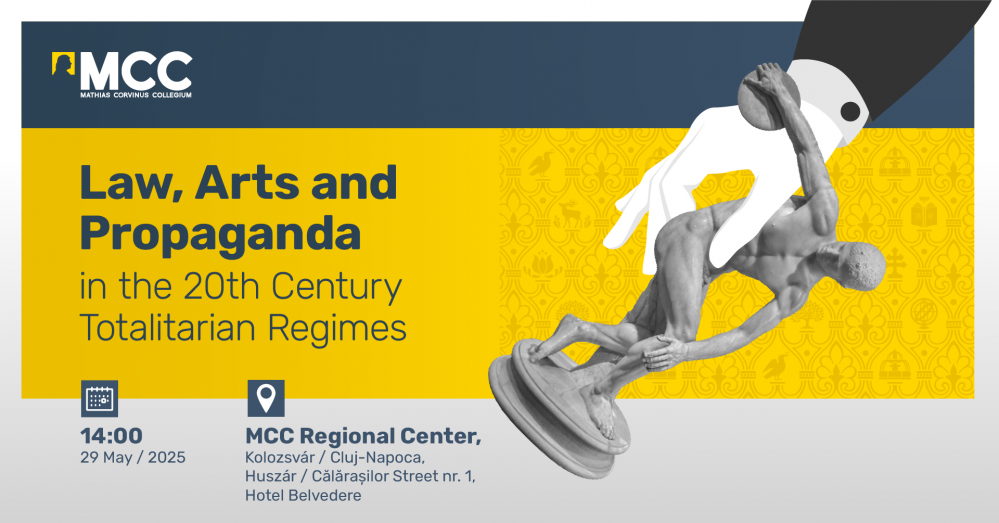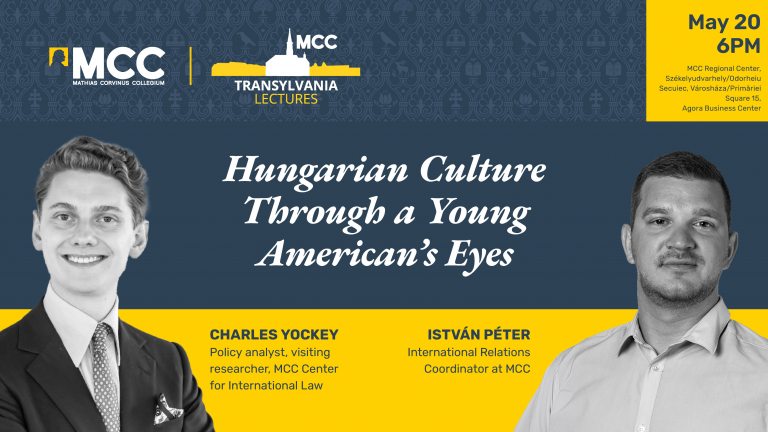Totalitarian regimes have long understood the power of culture not just as a tool for propaganda, but as a means of shaping national identity, reinforcing ideology, and silencing opposition. This conference will research the profound and often disturbing relationship between authoritarian rules, artistic expression, and legal structures.
From architecture to film, sculpture to opera, law to street art, we will examine how artistic and legal frameworks were manipulated to serve political ends, as well as the ways in which artists and intellectuals navigated these repressive systems. We will trace how artistic expression, and legal systems have been shaped by – and, at times, have resisted – totalitarian control. By examining some historical cases, we also gain insight into the broader questions of artistic autonomy, cultural manipulation, and the role of law in shaping society.
This conference brings together scholars from Italy, Hungary and Romania to explore the intersections of law, culture, and totalitarian power.
Program:
14:00 Welcome speech by Prof. Dr. Emőd Veress
Student panel I.
14:15 Róbert Bodor (Mathias Corvinus Collegium and Sapientia University, Department of Law, Kolozsvár/Cluj-Napoca): Under the Regime’s Gaze: Totalitarianism and Labor Camp Realities
14:30 Sarolta Gál (Mathias Corvinus Collegium and Babeș-Bolyai University, Faculty of Law, Kolozsvár/Cluj-Napoca): The Aryans
14:45 Zsófia Erzsébet Szabó (Sapientia University, Department of Law, Kolozsvár/Cluj-Napoca): Political Rights During Soviet-type Regimes in Relation to Albert Nagy's Painting “The Voting”
Student panel II.
15:15 Beáta Iszlai (Mathias Corvinus Collegium and Babeș-Bolyai University, Faculty of Law, Kolozsvár/Cluj-Napoca): The Crowd: The Headless and the Beheaded
15:30 Balázs Szőke (Babeș-Bolyai University, Faculty of Law, Kolozsvár/Cluj-Napoca): Unborn Histories, Unseen Wounds – Depiction of Women in the Light of Decree 770 in Wanda Mihuleac’s Art
15:45 Kincső Szabó (Babeș-Bolyai University, Faculty of Law, Kolozsvár/Cluj-Napoca): Expropriation and Monument Protection in the Communist Romania - The Sacrifices Made to Build the People’s Palace
16:00 Dániel Bartha (Mathias Corvinus Collegium and Babeș-Bolyai University, Faculty of Law, Kolozsvár/Cluj-Napoca): The Ceaușescu Trial - Does the End Justify the Means?
Senior expert panel I.
16:45 Prof. Dr. Emőd Veress (Lawyer, university professor at Sapientia University in Kolozsvár/Cluj-Napoca, and lecturer at MCC): Law, Art and Totalitarian Dictatorship In 10 Artworks
17:15 Prof. Dr. Luigi Lacchè (Full professor in Legal History at the University of Macerata and LUISS University in Rome): Architecture, Visual Arts, Justice: The Fascist Regime
Senior expert panel II.
18:00 Prof. Dr. Giacomo Pace Gravina (Professor of legal history at the Department of Law, University of Messina): The Lancellotti Discobolus Case
18:30 Dr. Mario Riberi (Associate professor, Department of Law, University of Turin): The Venice Film Festival and Fascism (1932-1942)
Senior expert panel III.
19:15 Prof. Dr. Tamás Nótári (University professor at Sapientia University in Kolozsvár/Cluj-Napoca): “Es wird einmal ein Wunder gescheh’n...” Zarah Leander – Collaborator? Political Idiot? Scapegoat?
19:45 Prof. Dr. Attila Menyhárd (University professor of civil law, Head of the Center for Modern Law Studies at MCC Budapest): Totalitarian State, Totalitarian Society and Street Art
20:15 Closing thoughts
REGISTRATION
For more information follow our events on Facebook.


